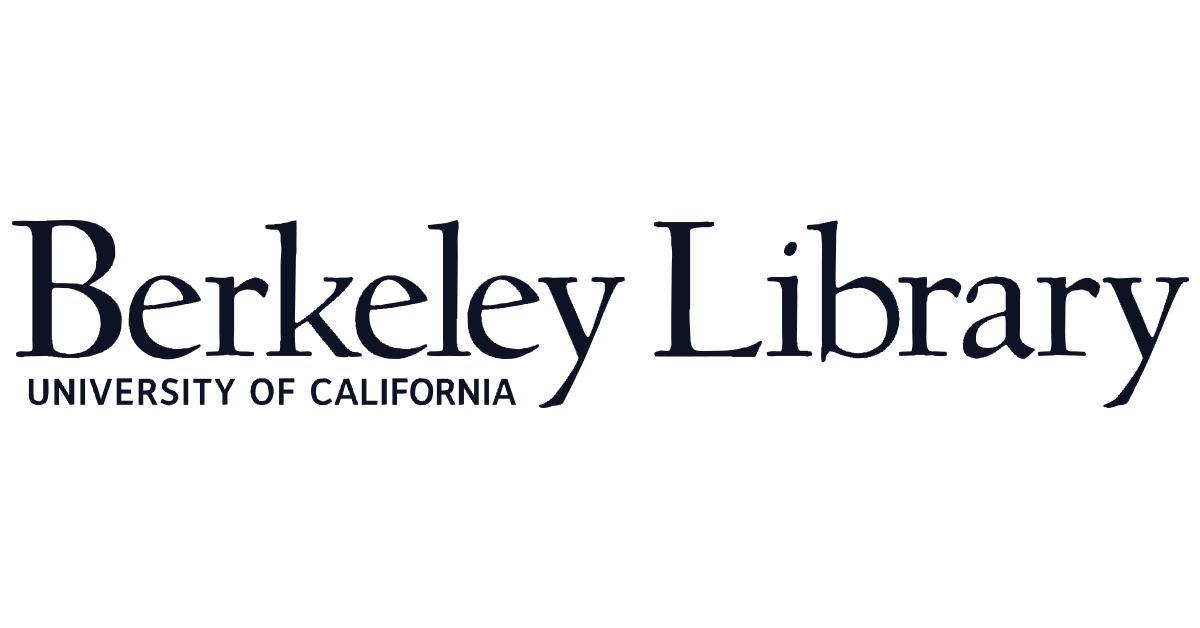From Mali to China: A Typological Analysis of Malian Traders’ Social Adaptation in Yiwu
DOI:
https://doi.org/10.5281/zenodo.17099342Keywords:
Malian Traders, Social Adaptation, Yiwu, China, Migrants entrepreneursAbstract
In 1978, China decided to gradually transition into a free-market economy that included opening up its trade with the West and inviting foreign investments. The expansion of the Chinese economy and globalization will influence the migratory scene in China as time goes by, resulting in a considerable influx of African migrants. The entry of African traders especially Malian into Yiwu, China, marks a significant international business development that stems from the city’s position as an international trading hub. Semi-structured interviews were used to understand the social adaptation of 20 Malian traders on the basis of a typological analysis. The typological analysis enabled us to classify Malian traders into four groups on the basis of concepts such as social capital, language skills and involvement in social activities. The finding reveals that 1) Cultural Integrators are highly adapted to the host culture while maintaining robust community ties with the Malian community. 2) Community Anchors focused on cultural preservation and supporting their community. 3) Strategic Networkers highly adapted to the host culture but maintained limited community ties with the Malian population of Yiwu; 4) Reluctant Adapters have minimal cultural adaptation and weak relationships with the Malian community in Yiwu. This research improves academic understanding of migration practices and provides a novel framework on migrant entrepreneur adaptation, including the social aspect, while assisting policymakers. The research fills the knowledge gap on the lack of studies of Malian traders in Yiwu to develop best practices and policy frameworks that improve the integration of the migrant community into the global market.
Downloads
Published
How to Cite
Issue
Section
License

This work is licensed under a Creative Commons Attribution-NonCommercial-NoDerivatives 4.0 International License.























